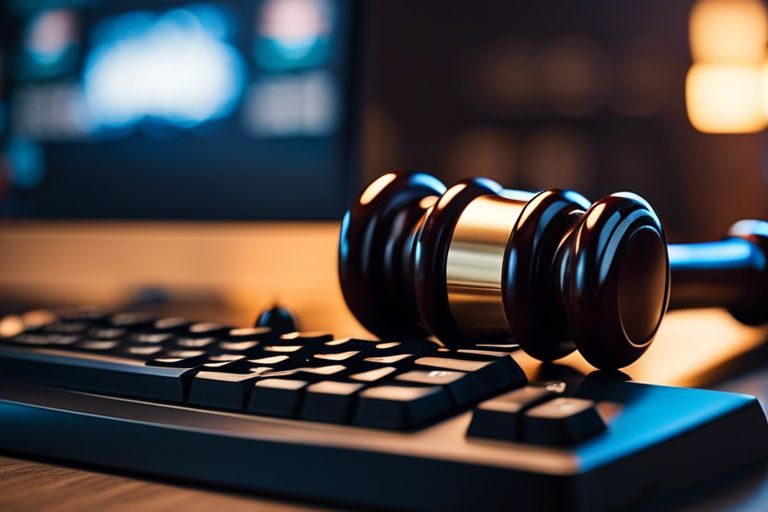Esports has grown into a multi-billion dollar industry with a global audience, sparking the need for legal considerations to protect players, teams, sponsors, and organizers. As the industry continues to expand, legal issues unique to esports have emerged, requiring specialized knowledge and expertise.
One of the key legal aspects in esports is player contracts. These agreements outline the relationship between a player and an esports organization, detailing terms such as salary, sponsorship deals, revenue sharing, and intellectual property rights. Player contracts often include provisions on player behavior, non-compete clauses, and dispute resolution mechanisms.
Intellectual property (IP) is another critical area in esports law. Protecting IP rights is crucial for esports organizations, particularly in relation to logos, team names, and game content. Trademarks, copyrights, and licensing agreements play a vital role in safeguarding esports IP and ensuring exclusivity and brand recognition.
Regulatory compliance is important in esports due to the international nature of the industry. Esports organizations must navigate a complex legal landscape that includes data privacy regulations, gambling laws, and age restrictions. Understanding and adhering to these regulations is paramount to avoid legal liabilities and protect the integrity of esports competitions.
Dispute resolution is a common legal issue in esports, given the competitive and high-stakes nature of the industry. Disputes can arise over contracts, tournament rules, prize money distribution, and disciplinary actions. Having efficient and fair mechanisms for resolving disputes, such as arbitration or mediation, is crucial to maintaining the credibility of esports and upholding the rights of all parties involved.
As esports continues to evolve, new legal challenges will undoubtedly arise. Issues such as player rights, governance structures, doping regulations, and match-fixing prevention are becoming increasingly important in the esports legal landscape. Legal professionals with expertise in esports law are instrumental in addressing these challenges and shaping the industry’s legal framework.
In the long run, the legal side of esports is a complex and dynamic field that requires specialized knowledge and proactive strategies. From player contracts to IP protection, regulatory compliance, and dispute resolution, legal considerations are integral to the growth and sustainability of the esports industry.




